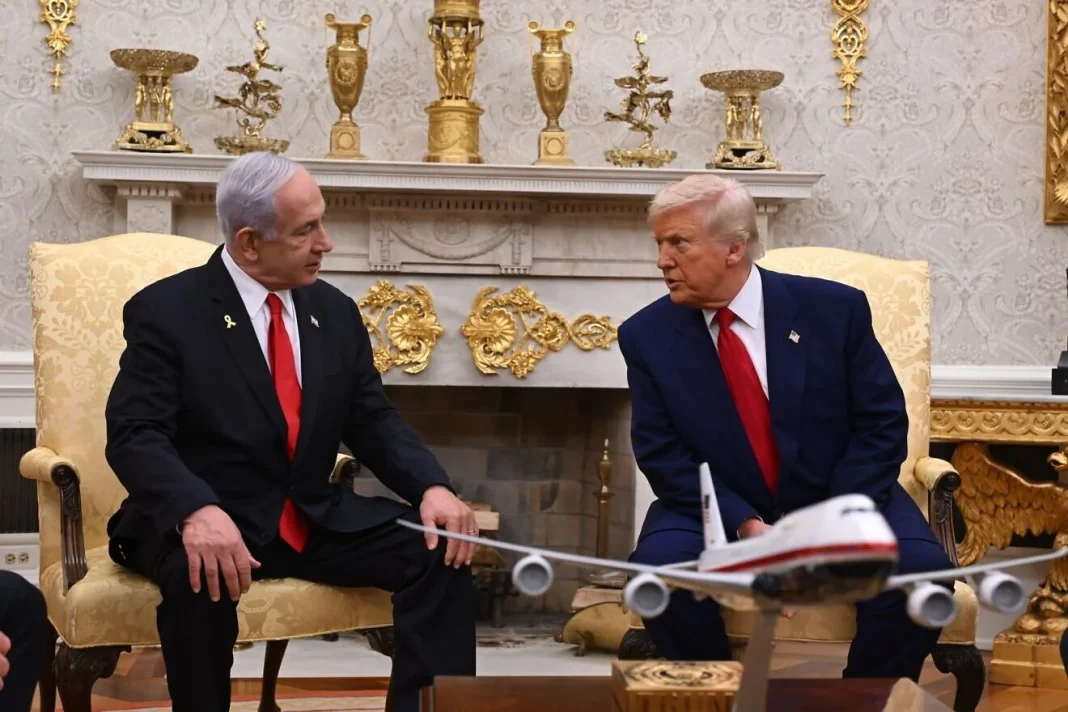Kourosh Ahmadi, former Iranian diplomat at the UN, wrote in an article in Ham-Mihan newspaper, pointing out that the meeting focused on procedural matters, including the format and agenda, with indications that the talks will concentrate solely on nuclear issues – a shift from past demands addressing Iran’s missile program and regional activities.
Ahmadi, however, warned a key obstacle remains the negotiation framework, explaining while Israel pushes for maximalist demands akin to Libya’s disarmament model, Iran insists on sanctions relief mirroring the 2015 JCPOA.
The former diplomat, however, argued that the JCPOA’s terms may no longer suit current nuclear advancements, requiring new compromises.
On a positive note, he wrote that regional dynamics have changed since 2015, with Persian Gulf states like Saudi Arabia now prioritize economic stability over opposing a deal, reducing diplomatic friction.
Israel, though still opposed, lacks its former leverage, Ahmadi said, clarifying that with Republicans controlling Washington, Netanyahu cannot rally Congress against the talks as he did under Obama.
The former diplomat said, for Iran, success hinges on full sanctions relief – a red line to avoid repeating the JCPOA’s pitfalls.
“With both sides appearing invested, the talks may face fewer spoilers than in the past,” he concluded.
